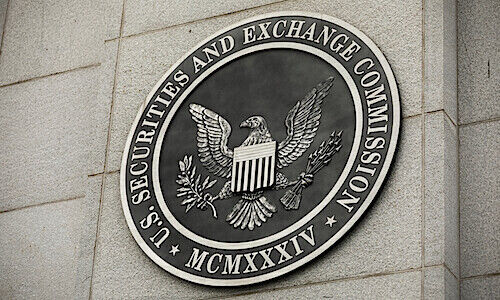SEC Inches Closer Towards Chinese Delistings in the U.S.
The Securities and Exchange Commission announced its final plan for new rules that require foreign firms to meet transparency requirements for auditing, in a move that is expected to hit China the hardest.
The SEC’s new rules lay out how the regulator will identify companies subject to delisting and the procedure for booting them from the New York Stock Exchange and Nasdaq should they fail to comply.
Companies identified by the SEC will be labeled as a «commission-identified issuer» and be required to submit documentation proving it is not owned or controlled by a government.
Other information to be disclosed include the percentage of shares owned by a government entity, controlling financial interest from government entities and the name of each member of the Chinese Communist Party who sits on the board.
A trading ban will be imposed after three years of non-compliance.
China and Hong Kong
The newly announced rules are an extension of a bipartisan agreement by the U.S. Congress to mandate Chinese companies to open up their books.
«If you want to issue public securities in the U.S., the firms that audit your books have to be subject to inspection by the Public Company Accounting Oversight Board,» said SEC chairman Gary Gensler in a statement.
«While more than 50 jurisdictions have worked with the PCAOB to allow the required inspections, two historically have not: China and Hong Kong.»



























